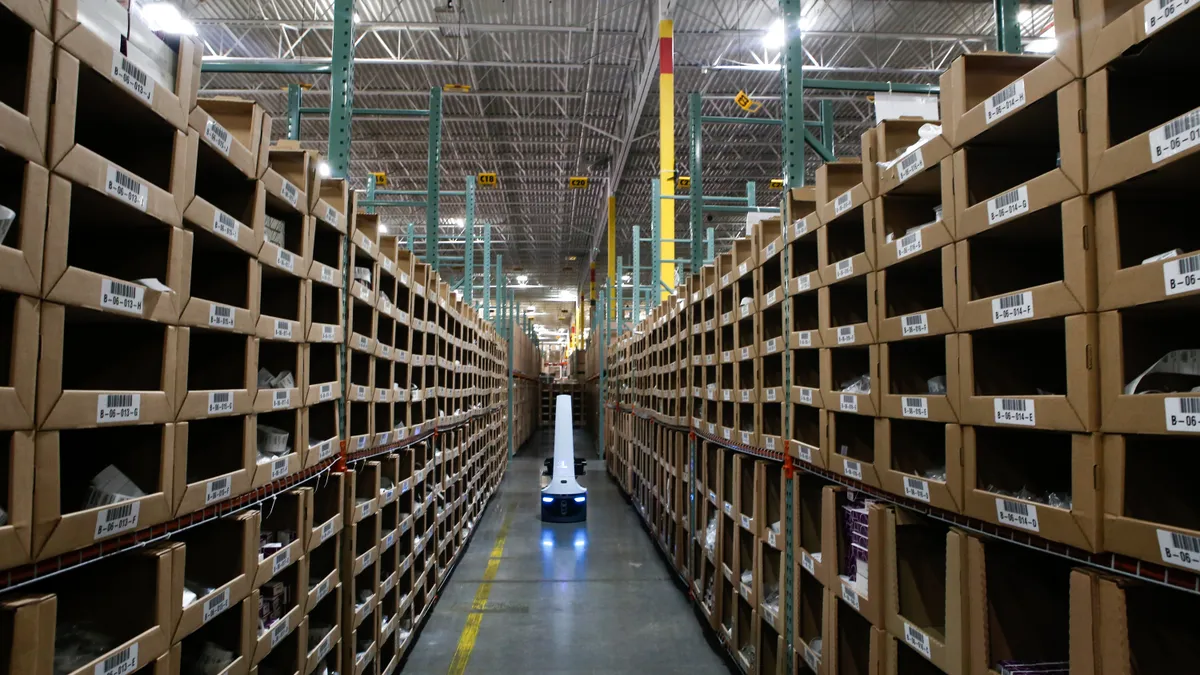Dive Brief:
- Two-thirds of employees view automation as a tool to boost their efficiency, according to a survey of 1,500 employed U.S. adults from customer experience firm Sykes. But one-third (32%) believe the technology could take their jobs.
- Another two-thirds of respondents (67%) said they're more likely to consider applying for roles at companies that adopt automation technology. Three-quarters say the idea of joint work between humans and automation technology — a trend recently highlighted by Gartner — interests them.
- Despite the enthusiasm, current levels of adoption in the critical areas of work processes lag behind interest. Two-thirds of workers say automation technologies have failed to help boost their efficiency by replacing "repetitive and boring" parts of their jobs.
Dive Insight:
Automation is expected to shape the workplace experience of the future, taking the helm of routine tasks and clearing the way for employees to shift focus to higher-priority tasks.
For enterprise, automation can help a business keep up with customer expectations. It can also play a role in recruiting staff.
"This is a call to arms to enterprises that the employees you have actually see automation and augmentation as a positive thing," said Sykes Chief Strategy and Marketing Officer Ian Barkin, in a video sent to CIO Dive. In turn, potential employees see automation as a positive trait when evaluating a potential employer.

The adoption of automation tools in the workplace is more likely to impact white-collar workers, a recent study from the Brookings Institute found. Employees with graduate or professional degrees are almost four times as likely to be exposed to artificial intelligence as workers with a high school degree.
Exposure doesn't necessarily equate to jobs being at risk, since "exposure" can have positive or negative effects, according to Indeed Chief Economist Jed Kolko.
"I expect this report will get misinterpreted," Kolko said on Twitter. "Some people might conclude that we shouldn't be so concerned about the effect of technology on work for those with less education and in lower-paid occupations. That would be a mistake."
Regardless, any prediction around the future of work will prove inaccurate if it fails to account for the technology, people and processes they use.
"We need to take a look at how enterprises recruit, hire, train and retain, but also how to identify skill adjacencies in the teams and employees that exist today," Barkin said. "How are we leveraging all of the capabilities available in upskilling and reskilling and training to maximize the effectiveness of the people that you have."















